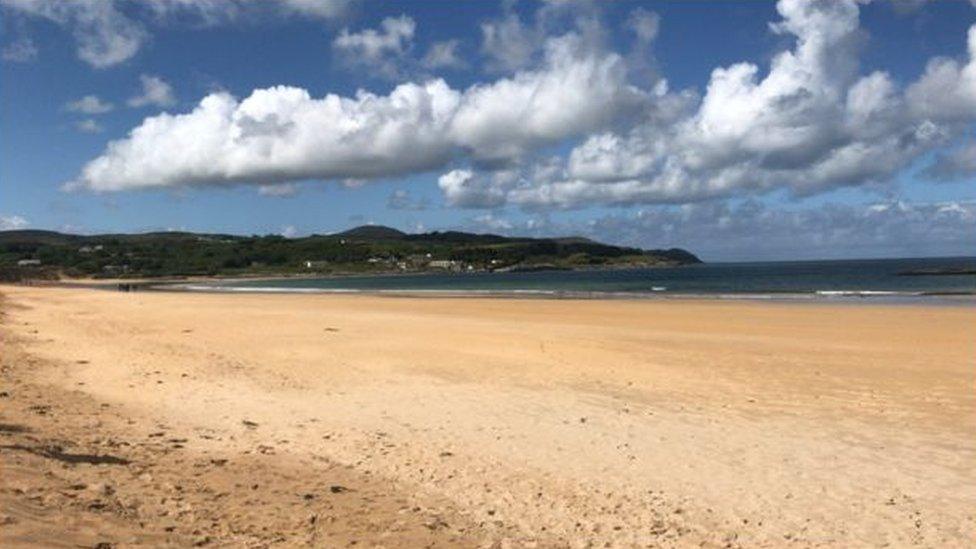Coronavirus: Irish restrictions extended until 5 May
- Published
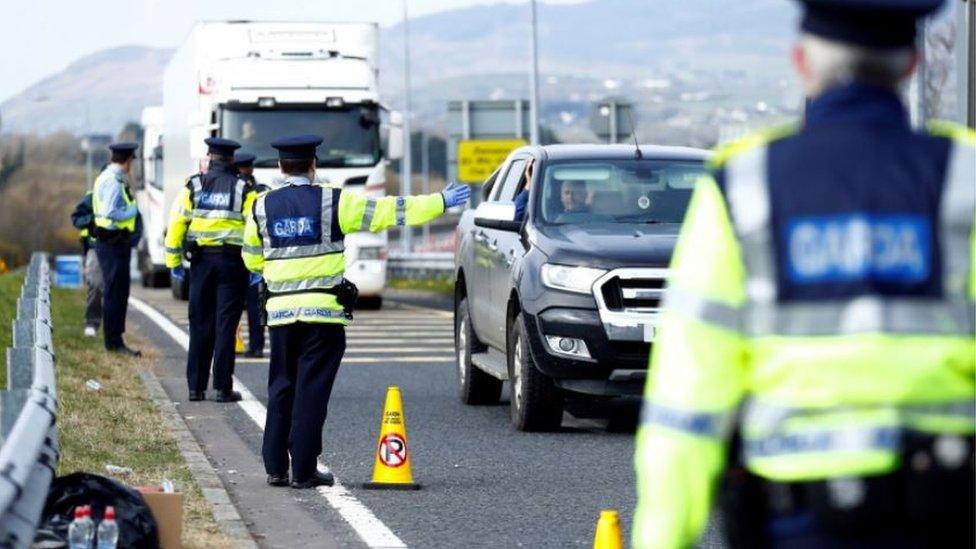
Gardaí (Irish police) set up 1,000 checkpoints across the country on Friday
The Republic of Ireland is to extend its Covid-19 restrictions for a further three weeks until 5 May.
Taoiseach (Irish PM) Leo Varadkar made the announcement on Friday afternoon following a meeting of the National Public Health Emergency team.
Gardaí (Irish police) have set up more than 1,000 checkpoints in recent days to stop people breaking restrictions.
There have been 288 Covid-19 related deaths in the country, while the death toll in Northern Ireland is 92.
On Friday, there were 25 deaths confirmed in the Republic of Ireland, while the number of confirmed cases rose by 480 to 7,054.
More than half of the country's deaths - 156 - had been in nursing homes, Irish broadcaster RTÉ has reported.
Mr Varadkar thanked people for their "forbearance and sacrifice" in the efforts to stop the spread of coronavirus.
If people continued to follow the current guidelines, the lockdown would hopefully be eased after 5 May, he said, but warned restrictions "won't be eased in one go".
"They'll have to be done bit by bit," he said.
An update on the state of the lockdown in the UK - where PM Boris Johnson is recovering in hospital having contracted the virus - is expected within days.
More testing expected
Earlier, the chairman of the coronavirus expert advisory group said people could not be complacent about the dangers of Covid-19 because "given the opportunity, this virus will run rampant".
"We are not going to return to a normal state of affairs soon", said Dr Cillian De Gascun.
While the lifting of any restrictions would be gradual, they would not happen until there was more confidence the virus would not spread further. If it did, restrictions would need to be re-introduced.
Dr De Gascun said he hoped testing would increase dramatically in the next week due to extra laboratory capacity.

Analysis: Close eye on Europe
By Shane Harrison, BBC News NI Dublin Correspondent
Leo Varadkar's announcement comes at a time when the authorities can point to how their measures are working, while saying more needs to be done.
Ministers admit the curbs are hard to live with, but advise people to persevere and not to lose focus as they see the light at the end of the tunnel.
The Irish authorities will be keeping a close eye on Denmark, Austria and the Czech Republic to see how they fare as they loosen restrictions.
The country is still planning on having its Leaving Cert state exams this summer - Ireland's equivalent of A-Levels - but not before the end of July.
That may be an indication that the government hopes normality will have returned by then.

Irish Health Minister Simon Harris said the past two weeks had been extremely hard, but the restrictions were in place to save lives.
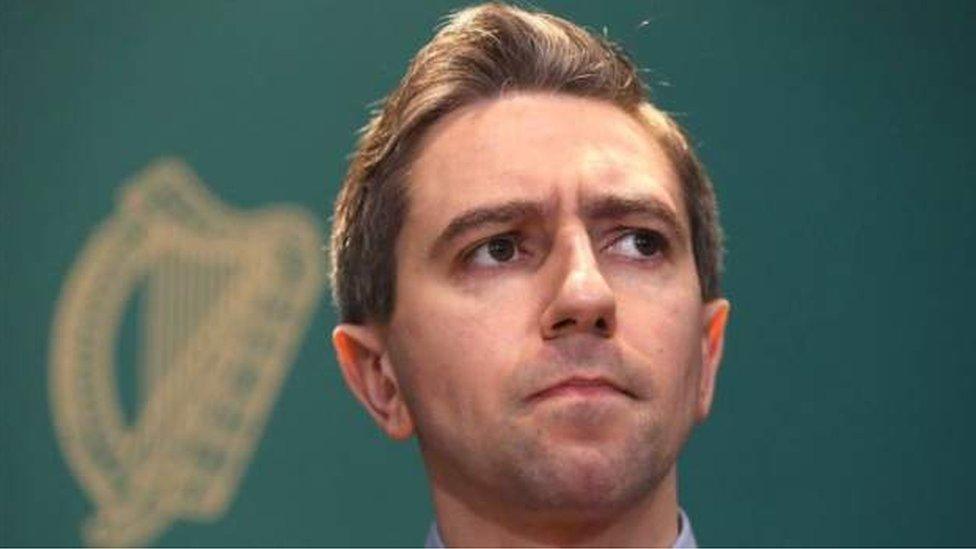
Irish Health Minister Simon Harris said the more extreme measures were about "trying to keep people alive"
People have been told they should travel no further than two kilometres from their home unless it is absolutely necessary, or unless it is for food shopping.
Gardaí have warned people against travelling to holiday homes, caravan sites or other traditional holiday locations over the Easter weekend.
In Northern Ireland, police have also vowed to take a tough approach over Easter: The Police Service of Northern Ireland issued three people with £60 fines on Friday for breaching restrictions.
The PSNI has also set up a new webpage, external where people can report instances of social distancing not being respected.

A SIMPLE GUIDE: How do I protect myself?
AVOIDING CONTACT: The rules on self-isolation and exercise
HOPE AND LOSS: Your coronavirus stories
LOOK-UP TOOL: Check cases in your area
VIDEO: The 20-second hand wash

In other developments on Friday:
A further 10 people died with coronavirus in Northern Ireland, bringing the total to 92
The total number of deaths across the UK rose to 8,931, as the global death toll topped 100,000
The Northern Ireland Executive placed a £170m order for PPE from China
- Published12 January 2021
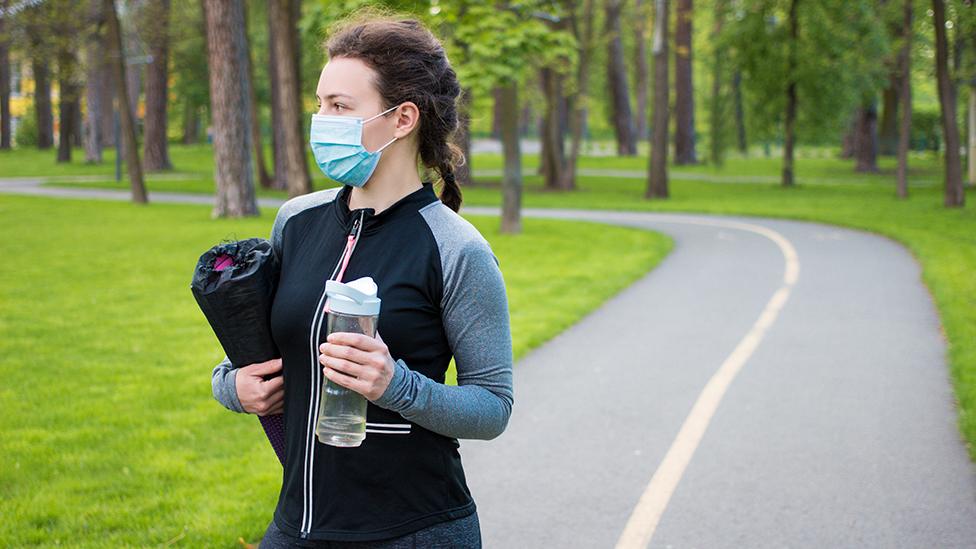
- Published8 April 2020
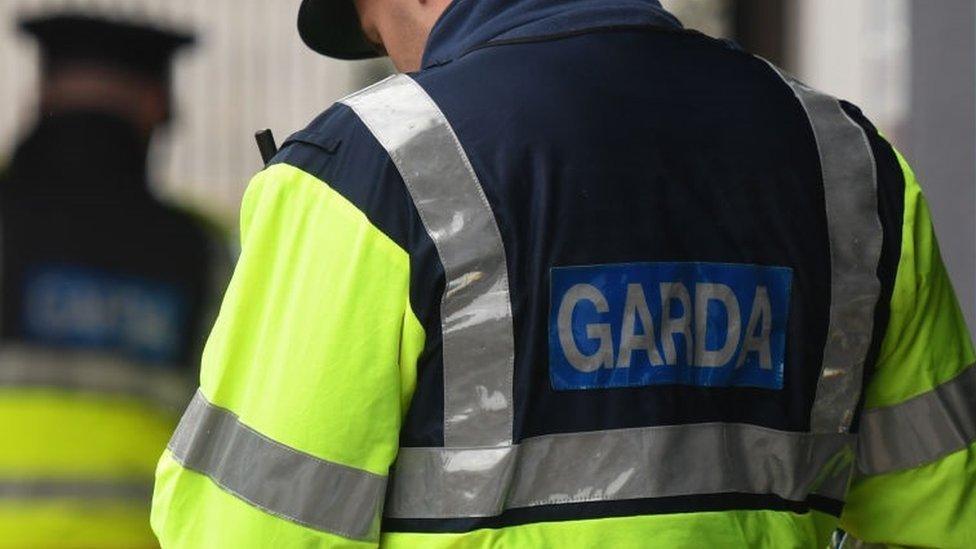
- Published8 April 2020
